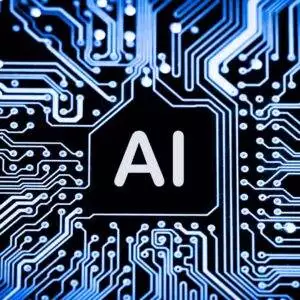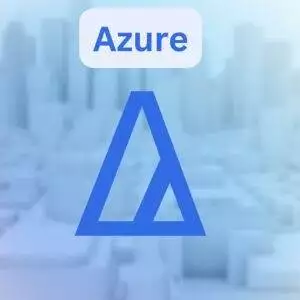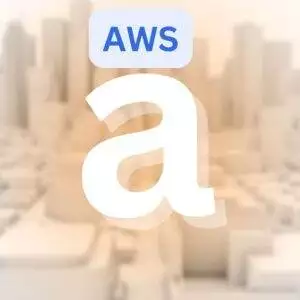Certified DevOps Programming Expert
₹15,990.00
The DevOps Programming Expert course is designed for professionals who aspire to lead DevOps teams, make a significant impact on software delivery, and excel in client-facing technical roles. If your ambition fit this profile and are ready to take your DevOps career to the next level, this course is your pathway to success.
Candidate Profile: DevOps Programming Expert Course
Background:
- Experience: Minimum 6 years of professional experience in the IT industry.
- Role: Currently working in a role that involves programming or system administration.
Why Join the DevOps Programming Expert Course:
- Skills Enhancement
- Leadership Opportunities
- Career Advancement
- Industry Recognition
- Hands-On Experience
Course Duration: Approximately 2.5 months
Hourly Breakup (Total: Approx. 120 hours)
Common DevOps Topics (Modules 1-11):
- Modules 1-11: 40 hours (Introduction to DevOps Concepts, Terminology, Datacenter Concepts, Virtualization with Virtualbox, Cloud Computing Concepts, 12 Factor App & Microservices, AWS Cloud Administration, Linux Proficiency, Shell Scripting, Programming Proficiency – Python & Ruby, Vagrant Essentials)
- Total: 12 hours
DevOps Programming Expert Topics (Modules 12-20):
- Module 12-21: 90 hours (Docker Compose Coding ,Kubernetes Helm Charts , Terraform Modular Coding ,CloudFormation Coding in AWS ,Ansible Modular Coding , Chef Modular Coding, Puppet Modular Coding , GitHub Actions Coding , Jenkins Pipelines Coding , Nagios, Prometheus, Grafana )
- Total: 90 hours
Please note that the exact duration of the training may vary a little bit based on the pace of the batch, since we provide ample time to absorb concepts and practice in a hands on manner to everyone before moving on. Also there will be revision and recap sessions throughout the course.We will track everyone’s progress separately and if need be we will supply additional resources and support to help them to keep up with the course.
According to Glassdoor, the average salary for Senior DevOps Engineers in India, equipped with extensive programming knowledge, soars to ₹17,00,000 per year with 6-10 years of experience. But here’s the exciting part – the top 10% of these skilled professionals can command impressive salaries, reaching up to ₹40,00,000 per annum. When you equip yourself with the skills and knowledge from our DevOps Programming Expert course, you’re setting the stage for a rewarding financial future.
Mapped to Your Aspirations: The DevOps Programming Expert course has been meticulously crafted to align with the role of a Senior DevOps Engineer. We understand that Senior DevOps Engineers are the linchpin of any successful DevOps team. They’re the team leaders, the guides, and the technical experts responsible for steering their team through complex challenges. Armed with in-depth implementation expertise, they are the ones who ensure timely and top-notch deliveries, ultimately delighting the customer.
What Awaits You:
- Immerse in DevOps Programming: Dive deep into Docker Compose, Kubernetes Helm Charts, Terraform, Ansible, Chef, and Puppet. Learn to master GitHub Actions, Jenkins Pipelines, and harness the power of Nagios, Prometheus, Grafana, and more.
- Hands-On Experience: Gain practical experience through hands-on projects designed to simulate real-world scenarios. Grasp the art of infrastructure automation, container orchestration, and CI/CD pipeline management.
- Programming Proficiency: Transition from scripting to programming with Python and Ruby. Discover how to code your way to efficiency, scalability, and reliability.
- Cloud DevOps Excellence: Acquire the skills needed to excel in cloud-native environments with AWS DevOps and Azure DevOps concepts and demonstrations.








1 review for Certified DevOps Programming Expert
There are no reviews yet.